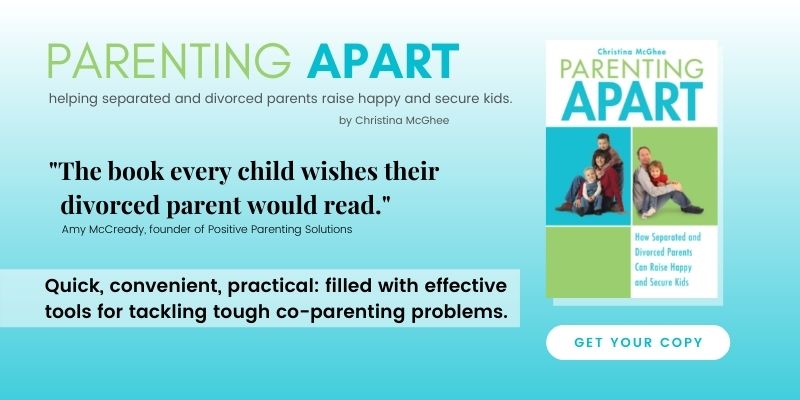How to listen to your children
Divorce and separation brings many challenges and changes to children’s lives. During this time, one of the most important skills you can possess is being a good listener.
Give children your full attention when they are talking to you
This means turning off the television or stop putting away the groceries. Sit down and make eye-to-eye contact with your child. If you can’t stop what you are doing, let your child know that what they have to say is very important to you. Then arrange a time with your child when you can give them your undivided attention. It is best to ask children to wait minutes not hours.
Listen to your child without trying to fix, judge, criticize or change their feelings
As a parent, you may have a strong desire to spare your children from unpleasant, hurtful or difficult situations. Since divorce can stir up a lot of those experiences, you might be tempted to shield your children by fixing the problem or trying to convince them they really don’t feel that way.
Unfortunately, your good intentions can be damaging. When children are not allowed the opportunity to solve their own problems or have their feelings acknowledged, they are deprived of building both self-esteem and self-confidence. Also, it may be difficult for your children to identify how they feel if you never talk about or recognize certain feelings.
Seek to understand your child’s feelings and perspective
One way you can convey understanding is by focusing on what your child is feeling and verbalizing that feeling for them.
You can make statements such as “I can understand why you would feel that way,” “It sounds like you are feeling…” or “It must be really difficult when…”
Also remember, understanding does not mean you agree with your child’s perspective; it only means you understand.
Take action
Kids need to talk to someone who is supportive and understanding. Taking action doesn’t mean you fix the problem or give advice to your children.
Once you feel you understand your child, you can then make a decision about how to respond. Sometimes it may mean giving them a hug, working together to come up with solutions or having to watch them struggle with a difficult issue or problem on their own.
Keep your issues separate from your children’s feelings
When you find you are having a strong reaction to something your child has said or is feeling, stay focused on your child.
If you are finding it too difficult, give yourself time out to process what is going on and how you are feeling about the situation. Make sure you are utilizing a support system instead of allowing your children to help you deal with your feelings.
When necessary, get help or find support
Many of the changes divorce brings can be difficult to deal with, especially on your own. If you or your children are having a hard time dealing with how life has changed, find support or seek professional help.
If your child doesn’t want to talk
For some children, talking about divorce makes it feel too real and they may not be ready to accept the fact life is changing. If your child does not want to talk or resists discussions about divorce, let them know you understand this is hard for them.
You can also tell them you understand they might not want to talk right now but when they are ready to talk, you will be ready to listen.
It can sometimes be helpful to find age appropriate children’s book or other resources that can make talking about a difficult subject easier for children. Some suggestions are listed in the resource section.
**For more practical tips and success strategies, check out PARENTING APART, the book. Providing separated and divorced parents the tools they need to raise HAPPY and SECURE kids. As a subscriber, feel free to preview a complimentary sample chapter of PARENTING APART to see what it has to offer.






